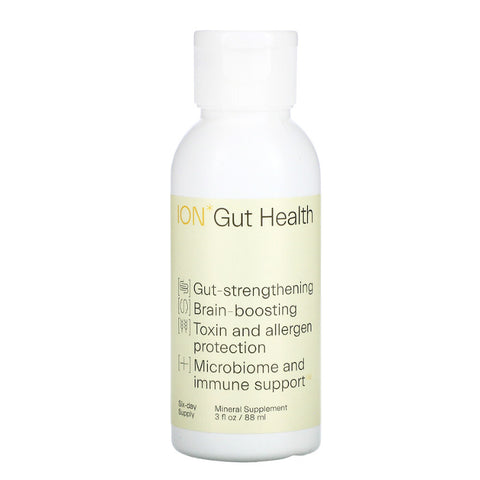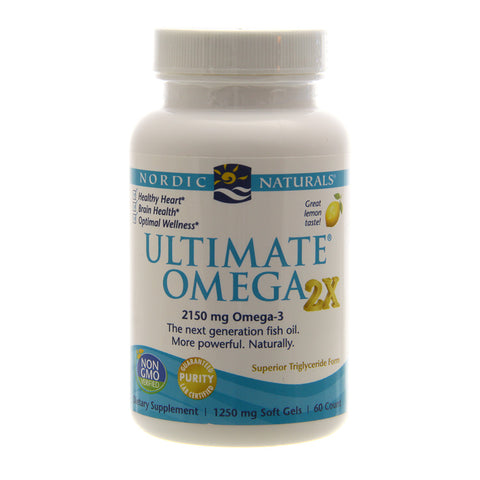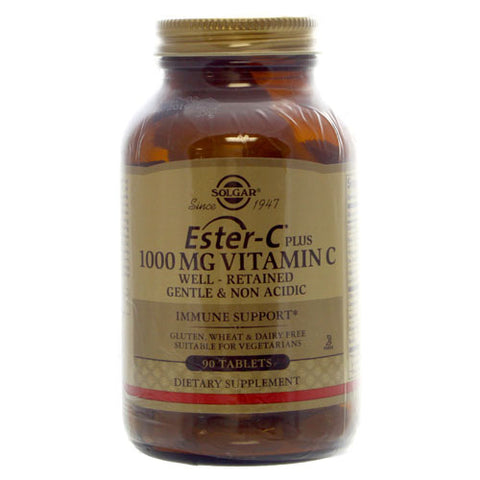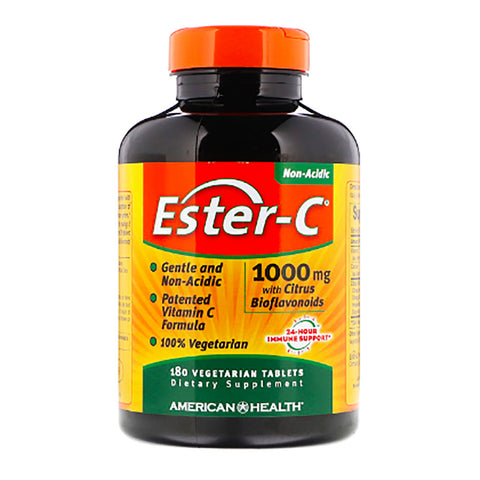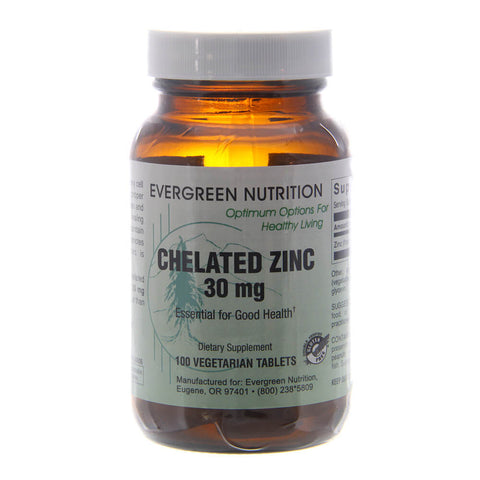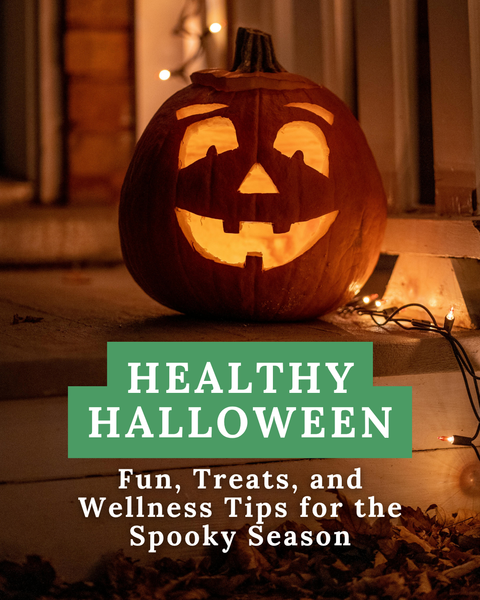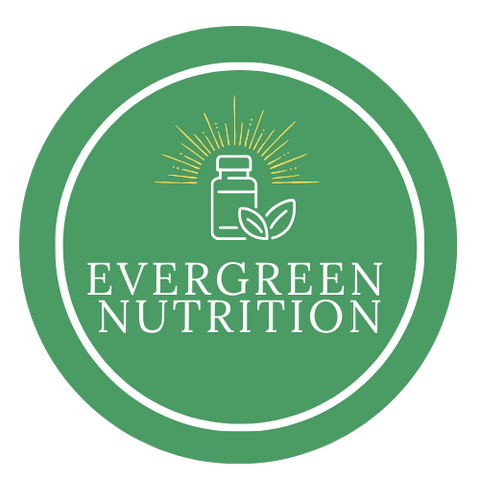Welcome to Evergreen Nutrition!
Our mission is to provide knowledge and resources to help you make informed, confident decisions about your well-being, fostering a community of wellness and self-care.
On this site and in our Eugene, OR store, you'll find a large and impeccably curated selection of organic and non-GMO supplements from trusted brands.
We're glad to have you here.
Call our store to purchase while we update our site.
Wellness Wisdom Talks
With Jamin Busick
Wednesday, February 11, 2026
6:00 - 7 pm at our Eugene Store
Jamin Busick is the National Sales Manager at Vitality Works, a trusted manufacturer known for 44 years for its high-quality herbal supplements.
With over 20 years of experience in the natural products industry, Jamin has educated thousands of people on how herbs and supplements work in the body and how to use them safely and effectively for everyday health.
In this talk, you'll learn how to choose the right herbs, understand how they are made, and confidently support your health with pure, consistent natural products that truly work.
Receive a free gift for attending!
The Evergreen Nutrition Standard
Quality + Knowledge
Whether buying in store or here online, you can trust that we only offer products and advice that meet the highest standards of quality.
That's why we've been providing nutritional supplements, vitamins, and personal care products since 1980.
Discover More!
Join Bethany, owner of Evergreen Nutrition, as she goes beyond the shelves to explore the world of health, wellness, and personal growth.
On Totally Exposed: Real, Raw & Authentic with Bethany, Bethany sits down with experts, innovators, and everyday people who inspire healthier, more vibrant living.
Tune in to hear about the latest wellness trends, product spotlights, and powerful stories that help you thrive—inside and out.




